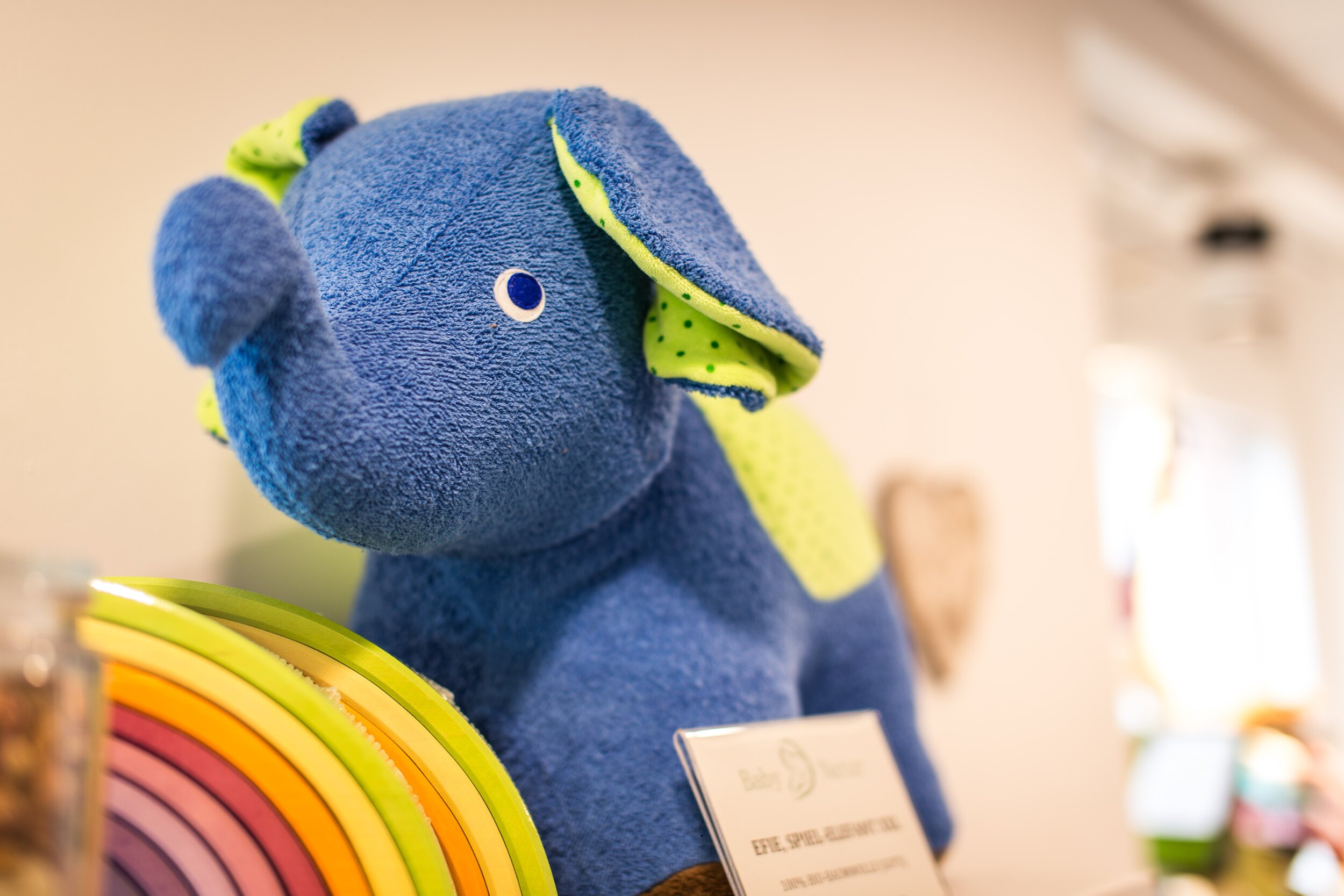
Play Therapy
Play is fun, creative, and critical to healthy development.
Play Therapy differs from regular play in that the therapist helps the child systematically address and resolve their own problems. Play allows a safe psychological distance from the problems and allows the child to express their true thoughts and feelings in ways best suited to their development level.

“In addition to boosting a child's health and development, play helps to build the safe, stable, and nurturing relationships that buffer against toxic stress and build social-emotional resilience.”
- American Academy of Pediatrics
Why play?
Play is a fun, enjoyable activity that elevates our spirits and brightens our outlook on life. It expands self-expression, self-knowledge, and self-actualization. Play relieves feelings of stress and boredom, connects us to people in a positive way, stimulates creative thinking and exploration, regulates our emotions, and boosts our ego. In addition, play allows us to practice—in a safe environment—skills and roles needed for survival. Learning and development are best fostered through play.
Why play in therapy?
We use the curative powers inherent in play in many ways. We employ the language of play to help children express what is troubling them when they cannot say their thoughts and feelings in words. Through play, we teach children more adaptive behaviors when there are emotional or social skills deficits. The positive relationship that develops between the therapist and child during play sessions may provide a corrective emotional experience or serve to release the natural healing resources that lie within the child. Play may also be used to promote cognitive development and provide insight about inner conflicts or dysfunctional thinking in the child.
How does Play Therapy work?
Children are brought into Play Therapy to safely address and resolve their problems. Often, by the time children arrive for therapy, they have used up all of their own options for solving their problems and simply do not know what else to do. By this time children may be acting out at home, with friends, or at school. Play Therapy allows trained play therapists to assess and understand children's play and to use it in assisting the child in coping with difficult emotions and in finding solutions to their problems. By safely confronting their problems in the protected Play Therapy environment, children find creative solutions. Play Therapy allows children to change the way they think about, feel toward, and resolve their problems. Even the most troubling problems can be confronted in Play Therapy and lasting resolutions can be discovered, rehearsed, and adapted into the child's life.
Who can do Play Therapy?
Many therapists may use play therapy techniques. However, to become a Registered Play Therapist the therapist must complete rigorous coursework, training, and experience in Play Therapy, in addition to their initial requirements for licensure as a mental health professional. In addition, Registered Play Therapists must receive extensive continuing education in Play Therapy specific coursework to remain a Registered Play Therapist.
At Sankalpa, Erin Shobe, MA, LMFT, RPT-S, is our in office Play Therapist. However, many of our providers have recieved training and supervision in Play Therapy. Therefore, when you bring your child to Sankalpa Therapy and Wellness Center, you can be assured that our providers are knowledgeable, experienced, and up to date on the most current information and treatments and that the techniques we use will be theoretically based and tailored to meet the individual needs of your child.
Information is adapted from The Association for Play Therapy, www.a4pt.org



